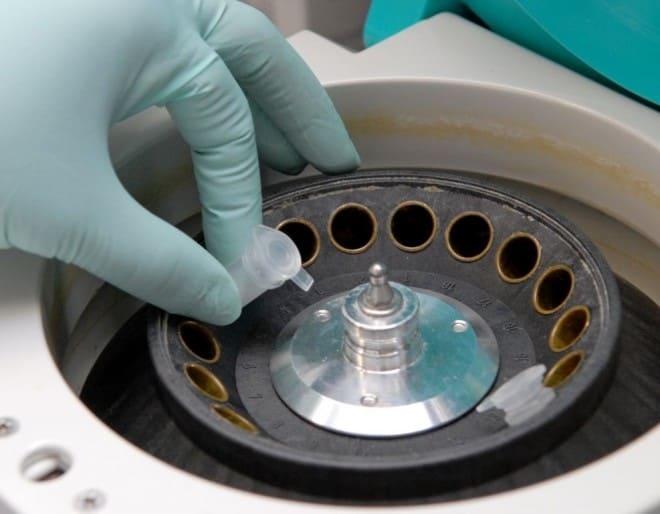Darpa has launched a “Living Foundries” program to bring an engineering perspective to synthetic biology to greatly accelerate progress through standardization and modularization.
New Darpa program may accelerate synthetic biology path to advanced nanotechnology


